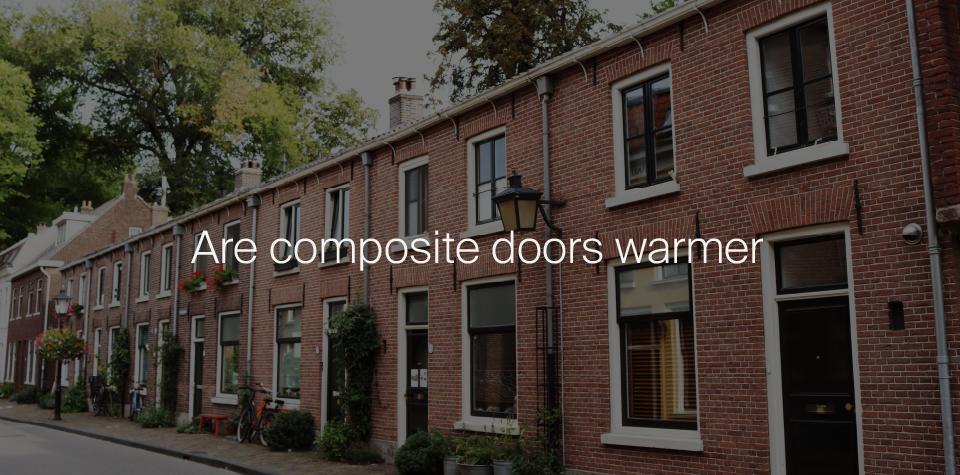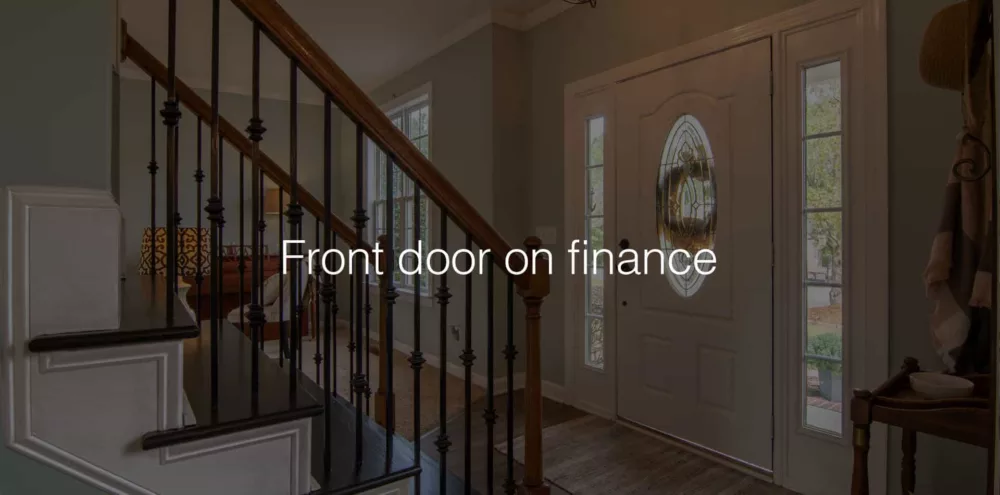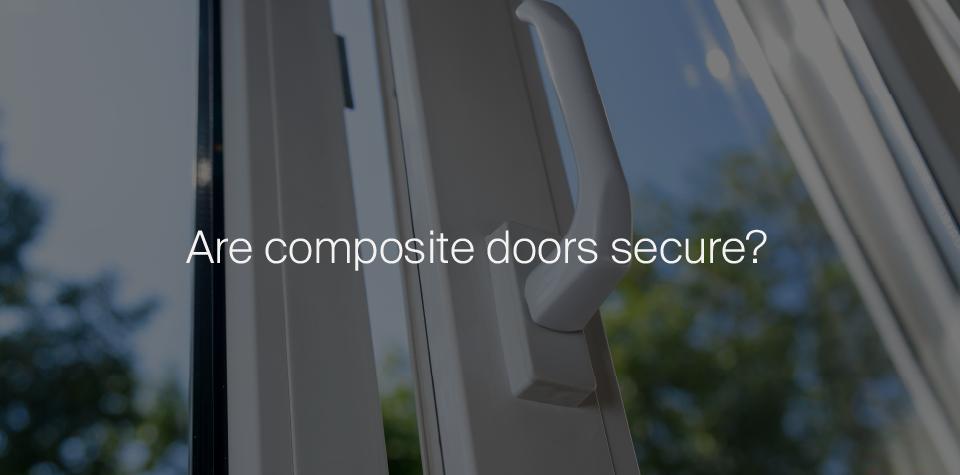Are Composite Doors Warmer?
Composite doors are becoming increasingly popular and with good reason. They come in a wide range of colours, styles, and finishes; they are super secure and, most importantly, well-insulated.
Their excellent insulation positively impacts your bank account, as it helps reduce your heating and cooling expenses.
Heat Retention: Composite Doors vs Wooden Doors
A composite door is significantly more insulated than a wooden door. It is also a minimum of 6 mm thicker than timber doors, influencing its ability to keep the heat in and cold air out.
Composite doors also have a tighter fit in the door frame and let fewer draughts into the home than wooden doors, keeping your home warmer in winter and cooler in summer.
While wooden doors tend to rot when exposed to the elements, composite doors do not, making them longer lasting and less likely to allow additional draughts into your home. The pre-installed weather seals and the multi-point locking system mean that the door will be secure in its frame.
One of the other benefits is that homeowners can choose the perfect colour and style from our range, including wood-look foils, without compromising on warmth and security.
What Makes Composite Doors Warmer?
The improved warmth of a composite door can be attributed to three things:
Thermal Efficiency
Composite doors have excellent thermal efficiency due to their many layers, hard outer coating, and foam inner. Their weather seals also influence their thermal efficiency.
Their energy efficiency is approximately 10x that of your standard timber doors. This is not only due to the above reasons but also to the physical structure of the door. They are carefully designed not to warp or swell, meaning they sit securely in their frame and prevent draughts.
These factors make composite doors an increasingly popular choice, as they can significantly impact your heating bill.
Weatherproofing
Unfortunately, traditional doors are often negatively affected by the different seasons and require frequent maintenance to extend their life span. The heat can dry them out, the sun can deteriorate their protective coating, and the rain can cause them to warp, swell, and rot.
The glass-reinforced plastic coating on composite doors mitigates these issues, as well as the weather seals and other weatherproofing additions. While composite doors need to be resprayed occasionally, the upkeep is significantly less than traditional wooden doors.
Triple Glazing
Triple-glazed windows are another feature of a composite door that significantly impacts its thermal efficiency. Triple-glazed windows consist of 3 glass panels, with the gaps filled with an inert gas such as Argon or Krypton. They are tightly sealed, keeping in the inert gas, which helps prevent heat loss from your home.
Triple-glazing improves both the acoustic and thermal insulation of your home. In turn, your home maintains a warm internal temperature more efficiently, reducing your need for heating and lowering your heating bill.
Another advantage of triple-glazed windows is that they are significantly more difficult to break, increasing the security of your home.
FAQs
Will a composite door make my house warmer?
Yes, composite front doors will make your home warmer and increase thermal efficiency. In turn, this will reduce your heating expenditure and save you money. A composite door will also have a positive impact on your carbon footprint.
Replace traditional timber doors with composite doors to have a better-insulted home, lower energy bills, and improve your home's security.
When installing composite doors, take extra care to ensure that you complete the installation properly, avoiding any gaps and placing the seals correctly.
Should a composite door be draughty?
External composite doors should not be draughty - they are specially designed to be draughtproof and low maintenance, meaning they shouldn't need to be repainted or have parts replaced regularly.
If your composite door is draughty, it is recommended to employ a professional to identify and fix the problem.
What are the warmest front doors?
GRP composite doors are the warmest on the market, as they have multiple layers and high-quality insulation. Their frames are also extra strong, resulting in a better-fitting door with improved weatherproofing, keeping cold draughts out.
Are composite doors better than uPVC doors for insulation?
Yes, composite doors are warmer than uPVC doors, and they are more energy efficient, longer lasting and have better weather seals. They are also significantly more sturdy and secure, ensuring they can withstand whatever British weather throws at them while keeping your home warm.
Final Thoughts
When choosing your front door, a new composite door will be a better long-term investment than a uPVC door or a timber door. Your composite front door from UK Composite Doors is superior due to its low maintenance and thermal efficiency.
If you'd like to find out more info about composite doors, keep browsing our website, or speak to one of our salespersons.



